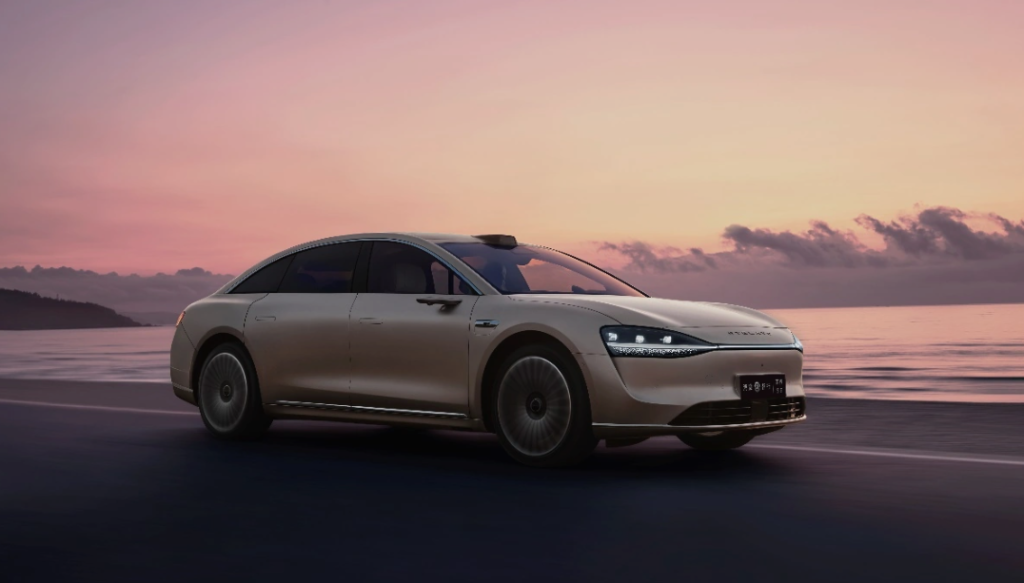Huawei, known for its telecommunications prowess, has swiftly established itself as a major player in China’s growing smart car technology sector. Despite facing challenges in its smartphone business due to trade sanctions, Huawei has strategically shifted gears to become a key automotive supplier, unveiling its advanced driver assistance system, “Qiankun”, at the prestigious Beijing Auto Show.
The showcase of Qiankun comes after just four years of intensive development, marking a significant milestone for Huawei in the automotive industry. Seven Chinese automakers have already integrated Qiankun into their vehicles, solidifying its position as the premier advanced driver assistance system in China.
One of the most significant developments in Huawei’s automotive journey is its groundbreaking deal with Volkswagen. The China-made Audi Q6L e-tron, set for launch in 2025, will feature Huawei’s Qiankun system, marking Huawei’s first collaboration with a foreign automaker. This move underscores Huawei’s ambition to expand its footprint beyond domestic borders and compete on a global scale.

Despite geopolitical tensions, foreign automakers are increasingly viewing Huawei as a potential ally in China’s fiercely competitive market. Huawei’s advanced ADAS technologies, coupled with its capability to produce its own chips, present an attractive proposition for enhancing competitiveness in the rapidly evolving automotive landscape.
However, Huawei’s ascent is not without its challenges. The company faced a supply crunch in 2024, delaying deliveries of flagship models. Moreover, trade restrictions, particularly from the U.S., pose risks to Huawei’s global expansion plans, raising concerns about the future of “connected” car technology.
Nevertheless, Huawei’s emergence has reshaped industry dynamics, with legacy automakers seeking tech partnerships to stay ahead in the race. Chinese state-owned giants such as Changan, Dongfeng, and BAIC have embraced Huawei’s ADAS technology to remain competitive in the fast-evolving market.
At the recent auto show, Huawei showcased a suite of cutting-edge technologies, including vehicle control units, LIDAR, telematics sensors, optical sensors, and an innovative audio system integrated into headrests for personalized music experiences.
As Huawei solidifies its position in China’s car market and expands its reach to foreign brands, the company’s journey in smart car technology promises to usher in a new era of innovation and collaboration.
Related:
(via)
